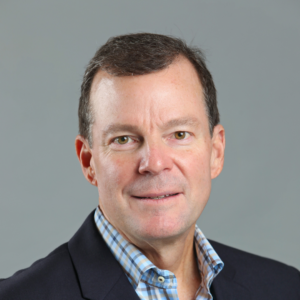Clients come to me from all different career backgrounds: various experience and compensation levels, senior executives, plant managers, cubicle-dwellers and everything in between, men and women in their 30s, 40s, 50s, and 60s. Some are white collar, some are blue collar.
None of that really matters to me; I have worked and will work with them all – so long as they bring the following.
1. Curiosity. I can’t instill curiosity in you. I can’t make you curious. You need to be curious, and bring some level of curiosity to our meetings. There’s nothing worse than me doing all the talking; that’s not coaching.
Being curious means you’re engaged, you ask questions, you’re wondering what pathways are out there. There’s no such thing as being “overly curious.”
2. An open mind. An open mind is your best asset, whether you are in career transition, or in a job but not sold on its long-term viability for you, or in a great job but wondering what else is out there.
Your open mind allows you to be surprised, and the element of surprise is huge in our coaching journey. Why? Because for starters, if you’re not surprised by anything you’re probably not being challenged or you’re not stepping outside your comfort zone.
I can’t help closed-minded people, and I don’t really want to try. Why would I beat on the door of a closed-minded person when I have other people I can coach who open the door willingly?
There’s no risk in being open-minded. Being open-minded doesn’t put you in a corner, and doesn’t force you into premature decisions. The opposite is true, actually: it makes it easier for you to go through the steps at a normal pace, your pace, without rushing to judgment. Which brings me to:
3. The ability to delay decision making. This prerequisite is counterintuitive for some people; after all, our coaching journey is designed to get people to a point where they make healthy decisions about their future.
But those should be informed, well-considered decisions, not hasty ones. Put aside your evaluations at the outset. Be in learning mode, not judgment mode.
You will get to the point where you will have clarity and you will make the right decision. But you won’t get there by what I call “micro evaluations.” That’s when people judge every little thing they see and hear, without regard for the bigger picture. That’s where people get in their own way.

